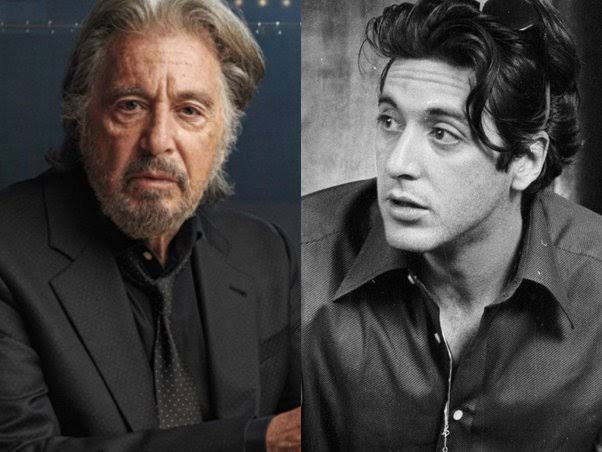
Al Pacino’s Influence on New Generations of Actors
Al Pacino, a name synonymous with cinematic excellence, continues to wield a profound influence on new generations of actors. With a career spanning over five decades, Pacino’s mastery of the craft, characterized by his intense performances and distinctive voice, has left an indelible mark on Hollywood. From his breakout role in “The Godfather” to his recent ventures, Pacino’s contributions to the art of acting serve as both a benchmark and a source of inspiration for aspiring actors worldwide.
Pacino’s journey in the acting world began on the stages of New York, where he honed his skills under the tutelage of Lee Strasberg at the Actors Studio. His early work in theater laid the foundation for a career that would revolutionize screen acting. Known for his method acting approach, Pacino’s ability to delve deeply into his characters and convey raw, unfiltered emotion has set a standard for authenticity in performance. This dedication to the craft has inspired countless actors to pursue method acting, emphasizing the importance of understanding and embodying their characters fully.
One of the most significant aspects of Pacino’s influence is his versatility. Throughout his career, he has tackled a wide range of roles, from the tormented Michael Corleone in “The Godfather” trilogy to the flamboyant Tony Montana in “Scarface” and the relentless detective Vincent Hanna in “Heat.” His willingness to take on diverse characters has shown emerging actors the value of range and adaptability in their careers. By stepping into various personas, Pacino has demonstrated that great acting transcends genre and typecasting.
Moreover, Pacino’s dedication to his roles has often involved extensive research and immersion. For instance, his portrayal of blind veteran Lieutenant Colonel Frank Slade in “Scent of a Woman” required him to learn about the experiences of visually impaired individuals, resulting in a performance that earned him an Academy Award. This commitment to authenticity has encouraged new actors to prioritize preparation and diligence, understanding that the depth of their research can significantly enhance their portrayal of a character.
Pacino’s influence extends beyond his performances to his views on the craft itself. He has often spoken about the importance of passion and perseverance in acting. His career, marked by both triumphs and challenges, serves as a testament to the resilience required in the industry. New actors look to Pacino’s journey as a source of motivation, learning that setbacks can be as instructive as successes.
Additionally, Pacino’s work as a director and producer has provided a blueprint for actors seeking to expand their horizons. His directorial efforts, such as “Looking for Richard,” highlight his commitment to exploring different facets of storytelling. By stepping behind the camera, Pacino has shown that a multifaceted approach to the industry can lead to a more comprehensive understanding of the art form.
The admiration for Pacino’s work is evident in the tributes paid by contemporary actors. Figures like Leonardo DiCaprio, Timothée Chalamet, and Joaquin Phoenix have all cited Pacino as a major influence. Chalamet, for instance, has expressed a desire to emulate Pacino’s career trajectory, balancing blockbuster hits with critically acclaimed performances. This reverence underscores the lasting impact Pacino has on those who follow in his footsteps.
In summary, Al Pacino’s influence on new generations of actors is profound and multifaceted. Through his exemplary performances, dedication to the craft, and willingness to embrace diverse roles, Pacino has set a standard that continues to inspire and guide emerging talent in the industry. His legacy is a testament to the enduring power of passion, perseverance, and the relentless pursuit of excellence in the world of acting.


